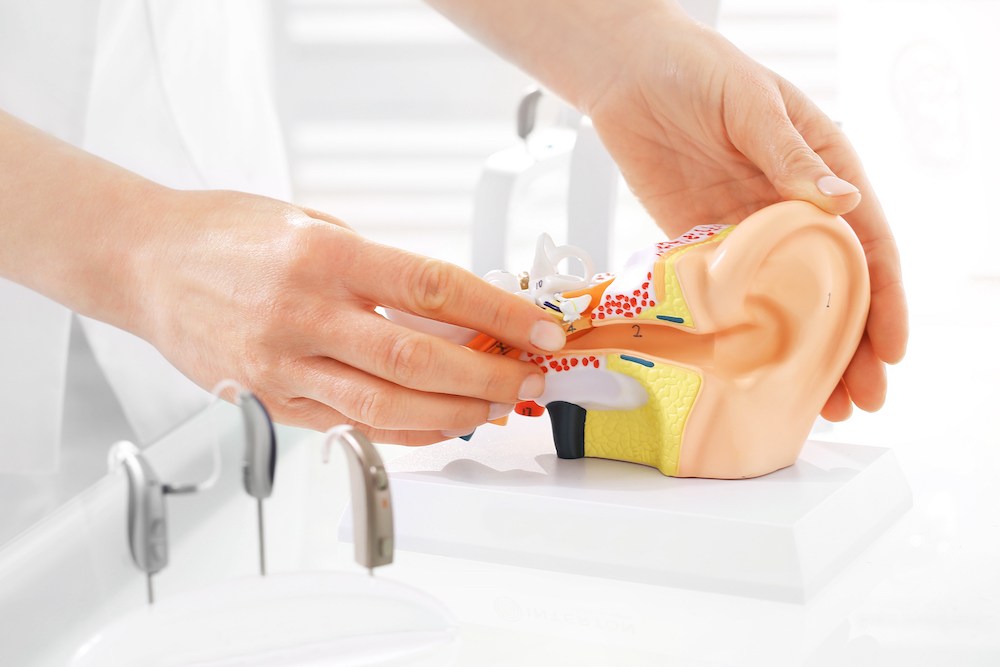Travel Tips for People with Hearing Aids
If you wear hearing aids and are getting ready to travel, it helps to
New location in Devonshire Mall! Visit Us Today!


If you wear hearing aids and are getting ready to travel, it helps to

Learning a new language depends on being able to hear the differences

School hearing screenings have long been an important way to identify